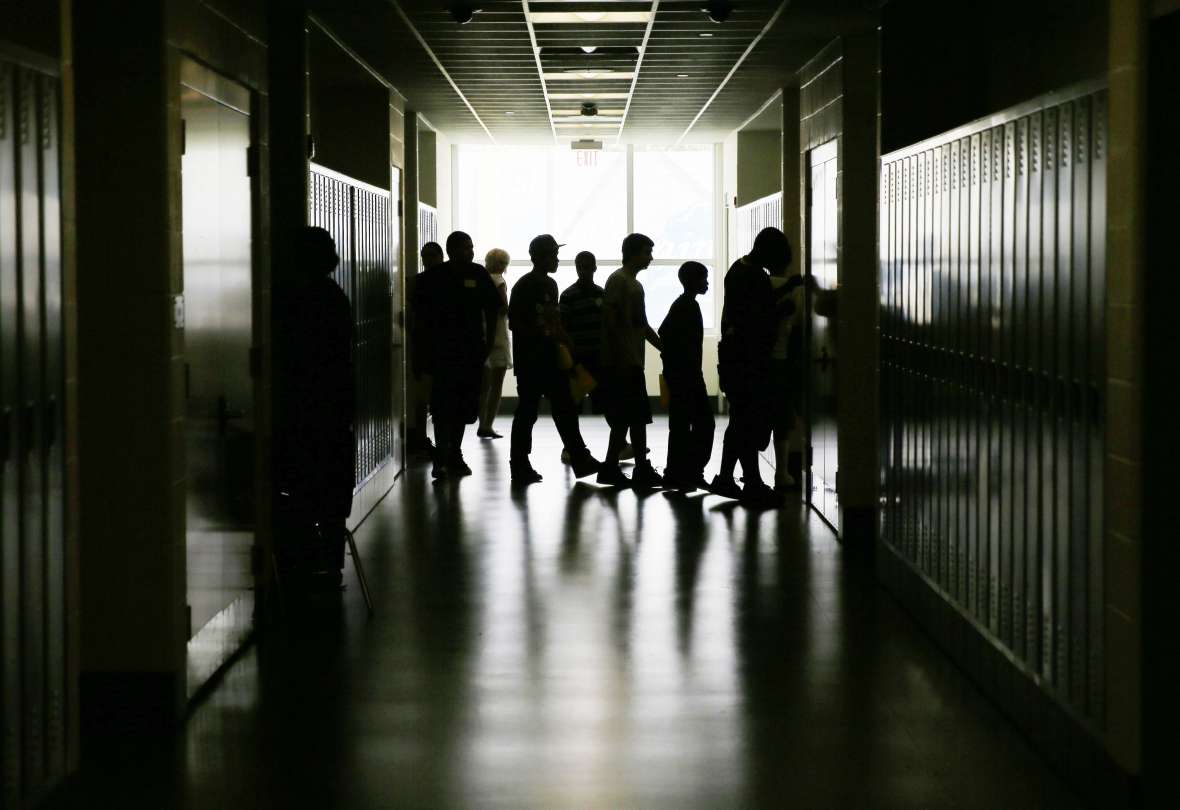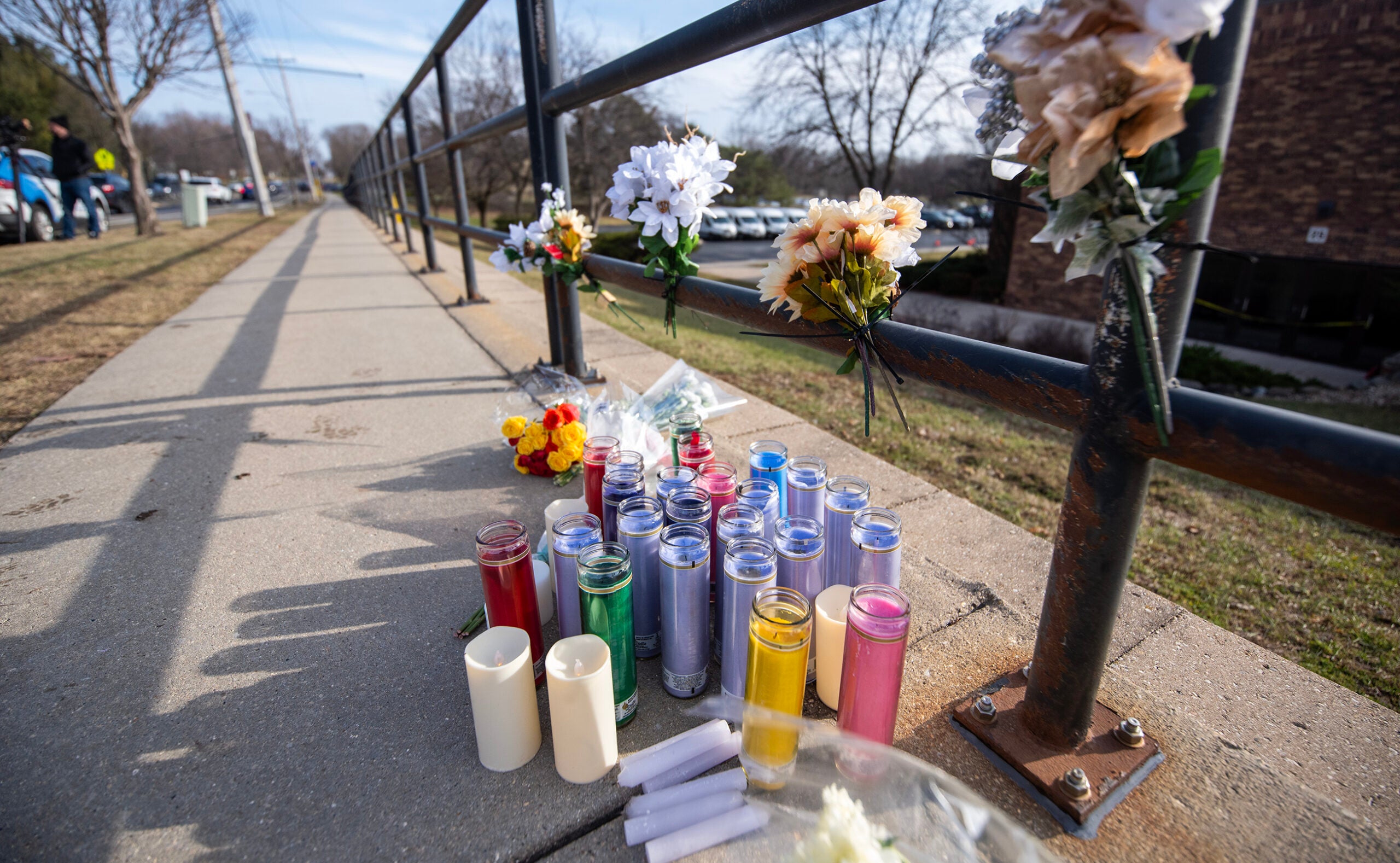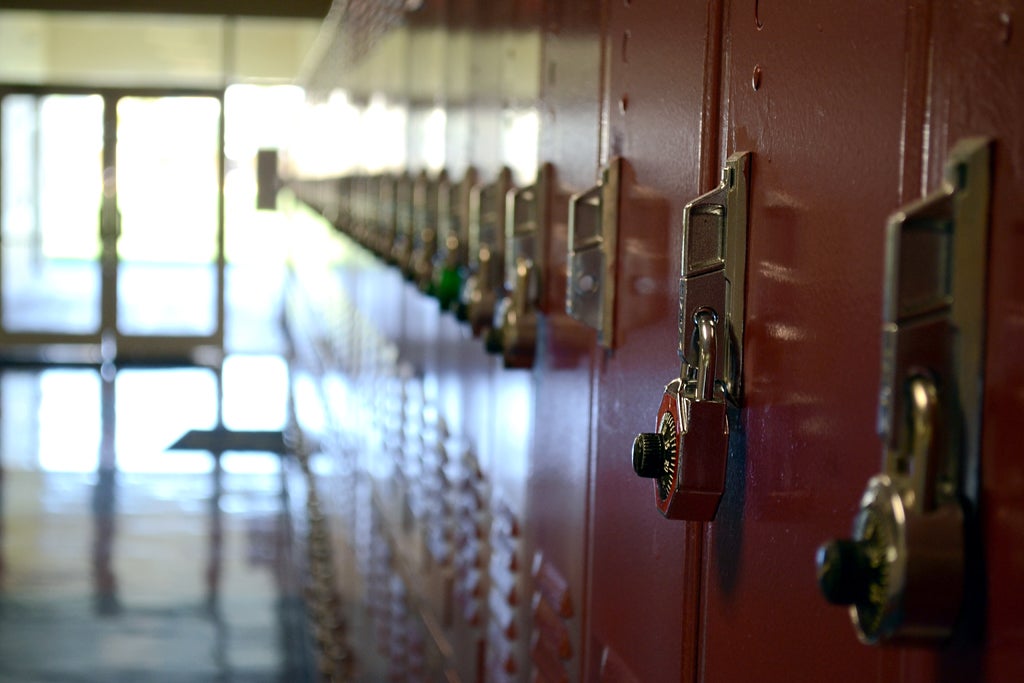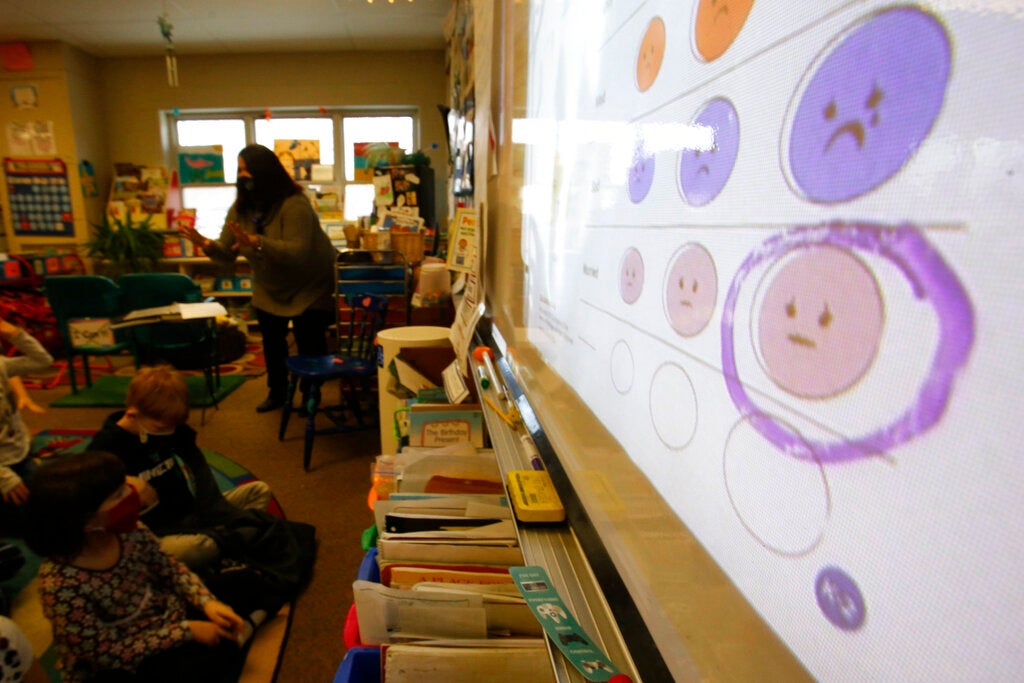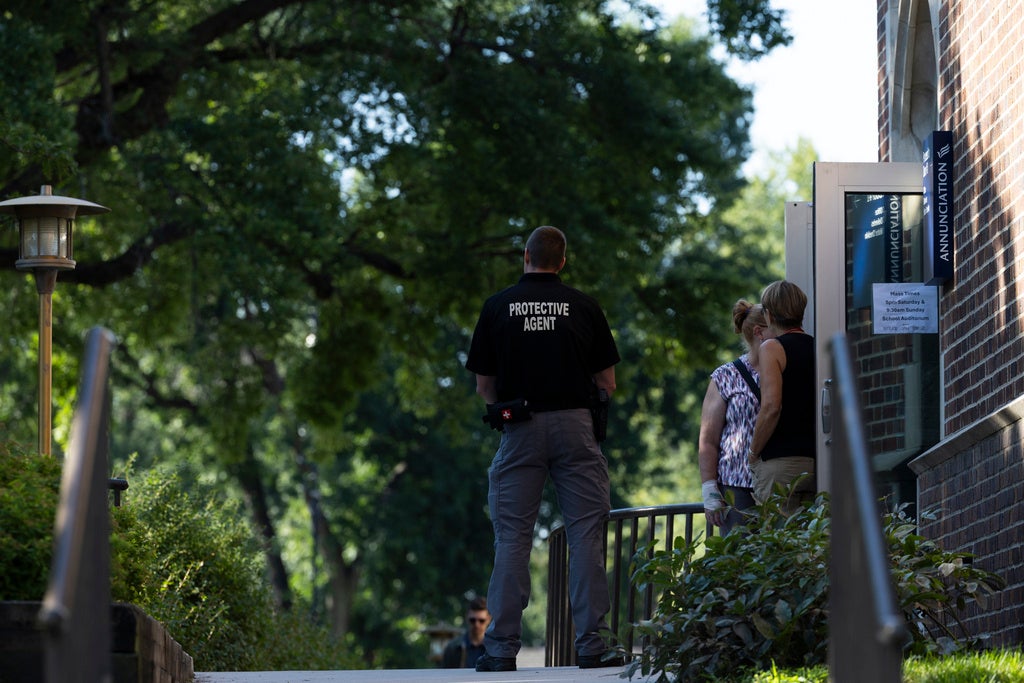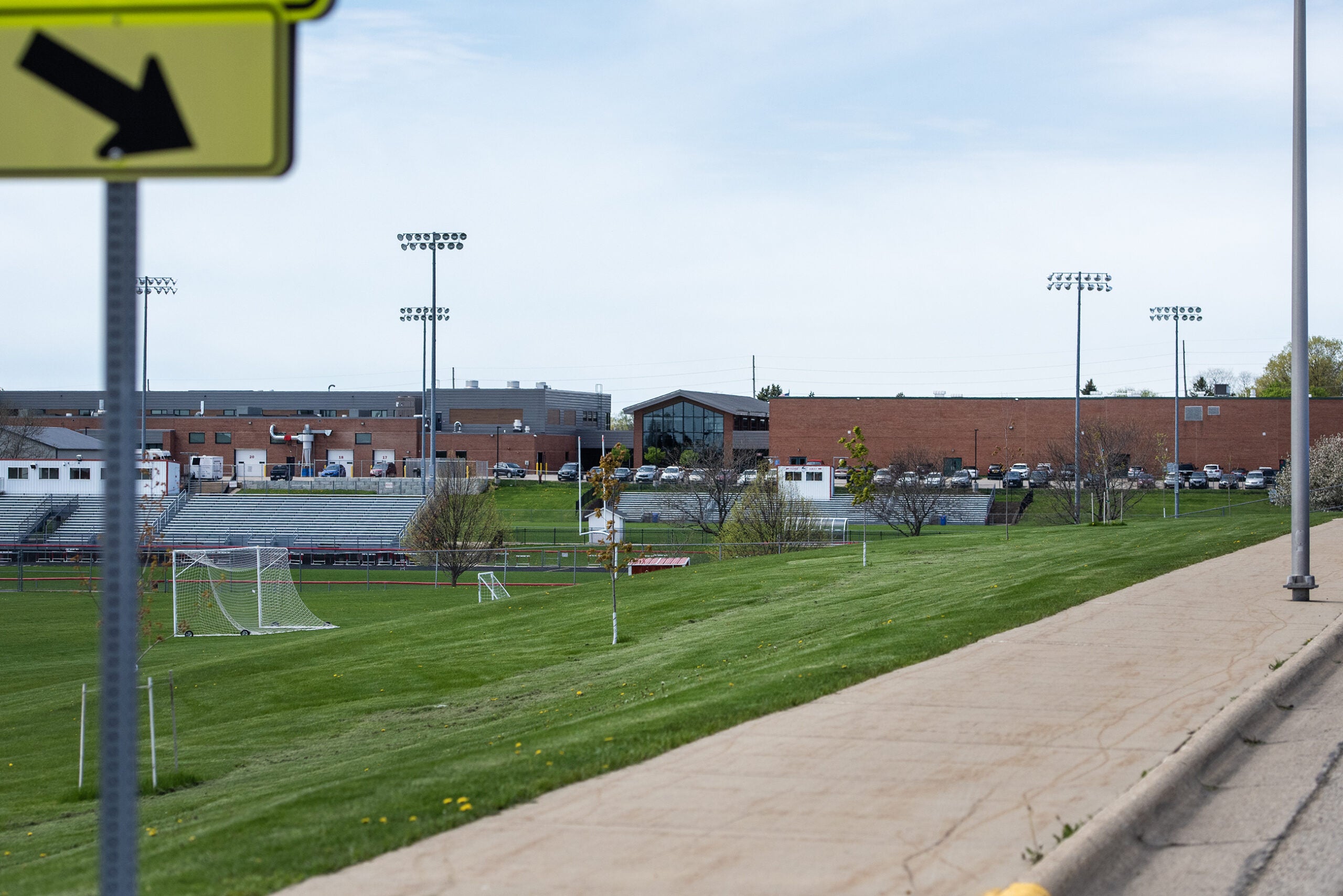Wisconsin Attorney General Josh Kaul says the state’s school safety hotline has received around 1,000 tips this year.
The Speak Up, Speak Out hotline launched in fall 2020 to provide a one-stop shop for reporting potential threats to school safety. The 24-hour tip line accepts anonymous reports of potential dangers as the number of school shootings has increased nationwide in recent years. It’s a resource provided by the Office of School Safety, which was initially supported by more than $2 million in federal funding.
A report released in June by the National Center for Education Statistics showed 93 school shootings in the 2020-21 school year. That’s the most school shootings recorded by the federal research arm in two decades. In May, the nation witnessed one of the deadliest school shootings in recent history when 21 people died in Uvalde, Texas, including 19 children and two teachers.
News with a little more humanity
WPR’s “Wisconsin Today” newsletter keeps you connected to the state you love without feeling overwhelmed. No paywall. No agenda. No corporate filter.
In Wisconsin, the school safety hotline has received more than 3,600 tips tips since its inception. At least 438 schools have received at least one tip since it began, according to the Wisconsin Department of Justice. Since September last year, the hotline delivered tips to 74 Wisconsin law enforcement agencies. The most common tips reported to the hotline involved bullying in 2022.
“One of the reasons that having a tip line like this is so critical is that often students will speak to their peers before they speak to an adult,” said Kaul. “If a peer hears about a concern or a threat to safety, this gives them an opportunity to make sure that an appropriate response happens and that school stays safe.”
Kaul highlighted one example where a 12-year-old middle school student in Superior showed a fellow classmate a list of students he hoped to harm in May.
“Shortly after that, two detectives were able to respond and intervene,” said Kaul. “There have been some direct threats to student safety. But whatever the concern is, making sure that we’re able to get a response out quickly can help prevent a tragedy.”
The student faced a felony charge of making terrorist threats, and he was referred to Douglas County Health and Human Services. School Resource Officer Michael Kendall with the Superior Police Department said in a news release that police investigated the threat and provided extra security.
“In the following days, there were additional tips made about the threat. Some had additional information while others were about the original threat,” said Kendall. “(Speak Up, Speak Out) provided a common point for the reports which made it easier to manage.”
Superior is not the only school district in Wisconsin that has dealt with potential threats this year. A middle school student in Slinger, which is about 30 miles northwest of Milwaukee, yelled he had a gun in a hallway just days after the Uvalde shooting.
Superior School District Administrator Amy Starzecki said the school began using the hotline in February this year. She sees all the tips that come in and noted she may see as many as one or two each day during the school week.
“A lot of times students are making these reports after school, so it gives them an opportunity to make a statement knowing that they don’t have a principal they can go to at 5 o’clock,” said Starzecki. “Those tip lines are helpful for after school hours.”
Starzecki said they have plans in place to train students again about the hotline and share that information with staff and families to remind them the resource is available for reporting any potential threats. She said students have reported fearing their peers may be at risk of harming themselves, as well as incidents of bullying within the district.
Although rare, staff members take reports of potential school violence very seriously and involve law enforcement immediately, Starzecki said.
“If a student has engaged in any behavior that potentially would result in an arrest, we work with police to make sure that happens,” said Starzecki. “We also make sure that student and family are connected to outside resources, you know, making sure that student is getting help.”
Starzecki couldn’t speak to what action the school took in the incident involving the 12-year-old student beyond working with law enforcement. However, she noted more generally that administrators have a variety of options for addressing those situations, including suspensions or expulsions.
Other schools across the state have used the hotline to respond to tips of students who may be considering suicide, abuse or mental health issues.
“(The hotline) not only helps our district identify threats of violence, but it also empowers our students, staff, and community to seek out help with other issues such as hate/ bias, bullying, depression, suicidal thoughts, drug use, self-harm and much more,” said Scott Johnson, a safety coordinator at the La Crosse School District, in a statement.
As another school year approaches, Kaul said he expects to see continued demand on the hotline, citing the effects the COVID-19 pandemic has had on student mental health and isolation. The Office of School Safety, which oversees the tipline, is currently supported by more than $1.8 million in federal COVID-19 relief. Kaul said the DOJ plans to request permanent state funding for the Office of School Safety in the next two-year state budget.
Wisconsin Public Radio, © Copyright 2025, Board of Regents of the University of Wisconsin System and Wisconsin Educational Communications Board.

